Recently, there has been an ongoing argument over cloud vs data center. As a result, we decided to provide an insight into the two. Cloud data centers and services are a cost-effective option to operate and maintain a data center when managing and protecting lots of data by any business or firm.
The cloud provider does regular upgrades and owns numerous data centers in different regions to protect your data during breakdowns and other mishaps. On the other hand, a data center is a self-contained facility with a vast number of server equipment that may be hired. Nowadays, data centers offer colocation services to many enterprises, from entrepreneurs to major multinationals.
The customer can buy colocation services varying from renting a single unit to renting a shielded unit, based on the options and demands of the company. In other words, both data centers and clouds have pros and cons.
What is a Cloud Data Center?
A cloud data center is not the same as a typical data center. However, these two computing systems have in common that both of them are used for storing data. Moreover, a cloud data center is all online, not physically present anywhere.
Difference Between Cloud and Traditional Data Centers
A data center is suitable for businesses who want a specialized system that offers them absolute control over their data and the hardware. Since this hardware infrastructure is solely used by the enterprise, it is more suitable for an organization that has to operate a variety of apps and diverse operations.
In addition, if you are unsure about the costs of cloud vs. data center, keep in mind that data centers have finite scope as well. Suppose your organization needs to extend the capacity and burden of the data center. In that case, you are responsible for buying and putting in new technology and equipment. Whereas the ability of a cloud data system is practically limitless, depending on your vendor’s products and service plans.
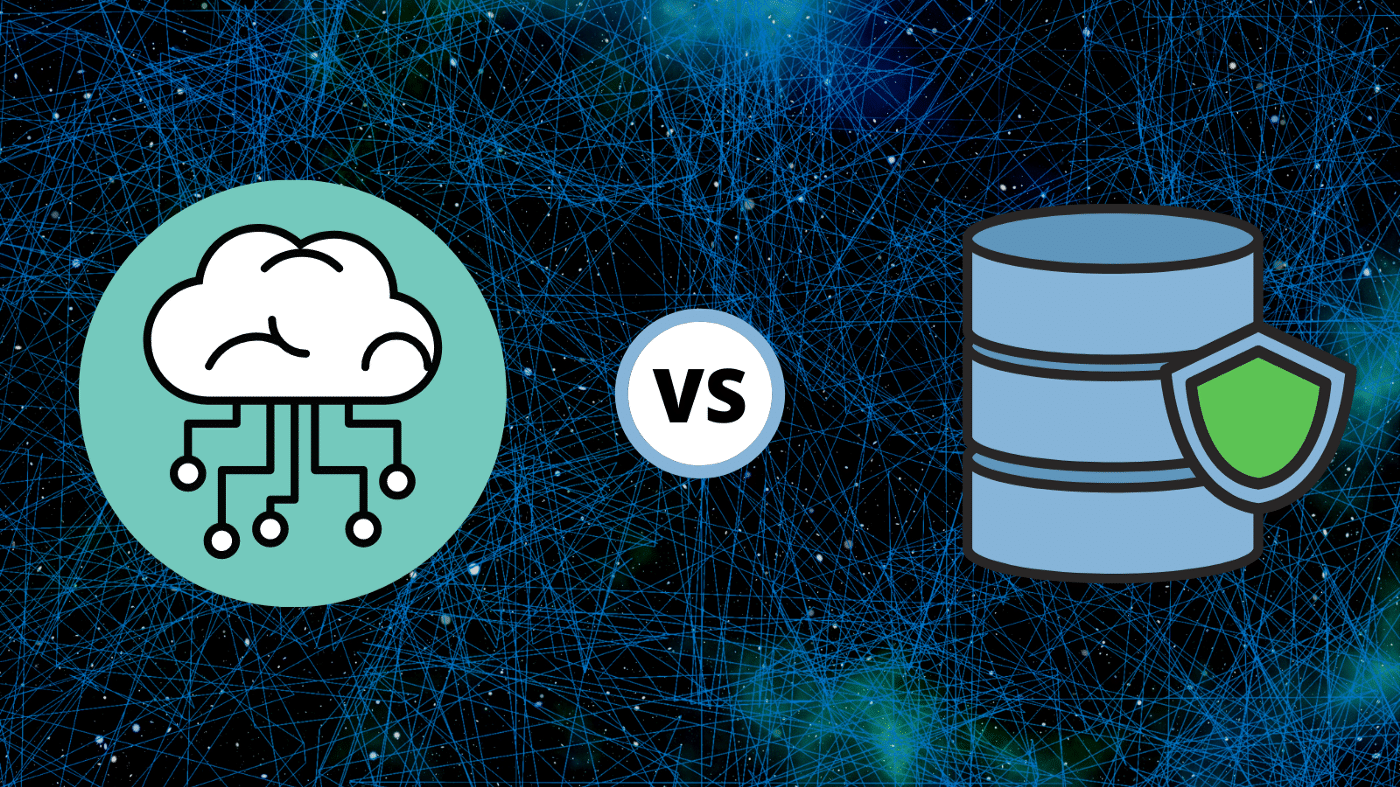
Looking for the best cloud hostings out there? Have a look at our guide about Best Cloud Hosting for startups in 2021
What Exactly are the Data Center and Cloud Costs?
Usually, a data center will necessitate several acquisitions, such as server and network hardware. This is not simply a negative in and of itself; you will also have to update this hardware as it matures and becomes obsolete. Furthermore, apart from the expense of acquiring the equipment, you will need to engage someone to manage its functioning.
When you put your data on the cloud servers, you effectively use someone else’s hardware and cloud data center infrastructure. It saves you a lot of money that would otherwise be spent on building up a traditional data center. Furthermore, it handles various maintenance-related issues, allowing you to better utilize your resources.
Comparison
When comparing Atlassian cloud vs. data center offerings, it is clear that Atlassian offers always-on, up-to-date, and super-secure services that take care of the hard work so you can focus on your core business. They may be hosted on one’s own infrastructure through cloud providers like AWS and Azure, and if they are required to do so, they can retain their data across the network. But to efficiently build, administer, and support Atlassian software on its own infrastructure, there’s a dire need for internal resources and technical skills.
In short, a data center powers practically every cloud service you have used before. Cloud data centers are often massive, with several independent servers occupying the same workspaces and operating the virtual servers. It enables users to access data via a digital platform. The server that stores that data might be divided and used across organizations, or it can be utilized alone by a company—these are known as public and private cloud setups.
Easy to operate
Compared to a data center, a private cloud is straightforward to understand, especially for non-professionals. While data center architectural design is complex, only developers know it.
In fact, the critical advantage of the cloud is consistency. The built-in redundancy almost assures that hosted programs and data will be present until the entire internet fails. Data centers that lack good backup options, on the other hand, are potentially more vulnerable to outages.
However, cloud computing is altering the way organizations operate. Instead of storing data locally on individual PCs or a company’s network, it comprises the distribution of data and sharing of resources via a secure and centralized distant platform. Instead of employing a company’s internal servers, it outsources its services to a third-party organization that provides such a facility. In fact, when discussing data centers vs. cloud computing, this is one of the most significant things to emphasize.
Security
Considering the expanding advantage of cloud storage and computing, businesses prefer to keep their in-house IT personnel and stay on-premises since the conventional data center gives them more control. Enterprises may maintain total accountability and ownership over their data infrastructure and contents by designing and operating their own systems. Customers rely on their suppliers to ensure dependability, security, and other critical features of hosting while using the cloud compared to databases. The decision to employ a more traditional data center might be influenced by high stability, speed, and particular or strict compliance needs.
Cybersecurity is often a priority, whether the data center is on-premises or the cloud. Data breaches must always be defended against, while private information and records must be safeguarded. Thankfully, the most incredible cloud data solutions and on-premises data centers have equal degrees of security.
Looking for options for non-profits web hosting? Check out our compilation on web hosting for non-profits.
Private Cloud vs. Virtualized Data Center? Which one to Go For?
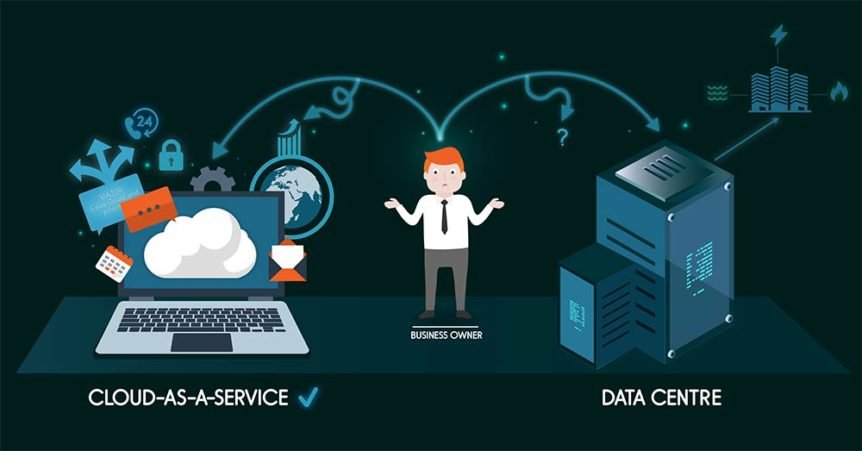
They are both strategies for storing and making data available to consumers. These platforms are managed by certified IT professionals: service providers for the private cloud and developers for the data center. Both the private cloud and the data center cater to a particular user, with the private cloud catering to a single consumer and the data center catering to a single company. They are both technological advancements that may be utilized to assist companies.
Check out our guide on the Fastest Web Hosting Services.
Conclusion
Coming years, based on data center and cloud computing service developments, cloud computing appears to be becoming more appealing due to its low cost and convenience. It establishes a novel method for facilitating cooperation and information access over long distances while lowering expenses.
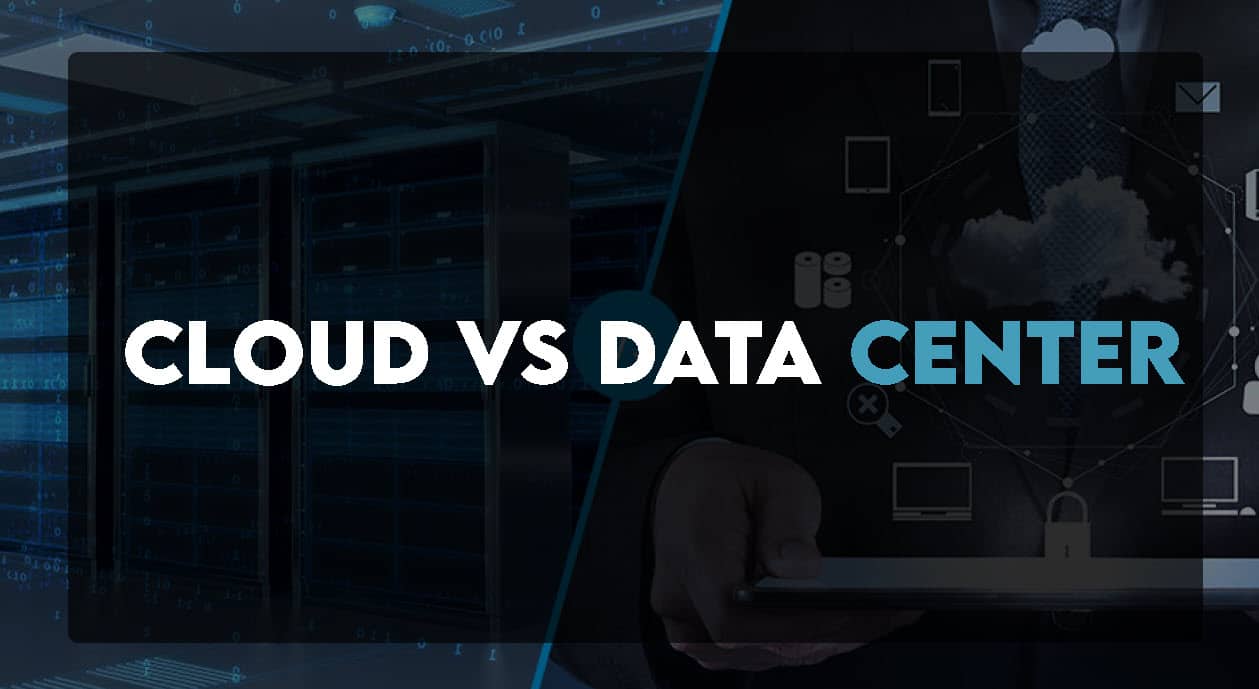
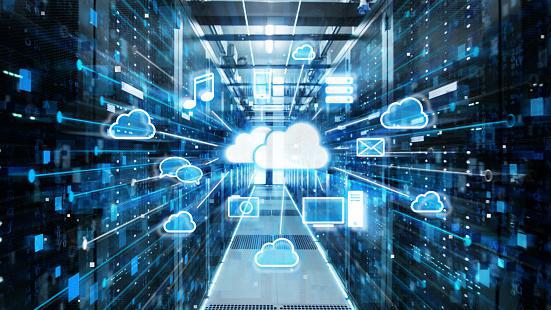

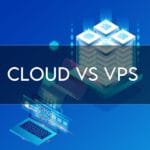
![Cloudways vs Kinsta [Which is Better?] Cloudways Vs Kinsta](https://wphostinggeeks.com/wp-content/uploads/2022/02/Cloudways-VS-Kinsta-150x150.jpg)
![VPS vs Shared Hosting [Which is Better?] VPS vs Shared Hosting](https://wphostinggeeks.com/wp-content/uploads/2022/02/VPS-vs-Shared-Hosting-.-150x150.png)
![Cloudways vs Siteground [Which is Faster?] Cloudways vs Siteground](https://wphostinggeeks.com/wp-content/uploads/2022/02/cloudways-vs-siteground-1-150x150.jpg)
